Dec 3, 2022The modern U.S. ethanol industry was born subsidized. The Energy Tax Act of 1978 introduced the first major federal subsidy for ethanol, a 4 cents-per-gallon reduction in the federal excise tax on gasohol, or E10 (a blend of 10% ethanol and 90% gasoline). In that same year, the first commercial ethanol production capacity came online.
Biofuels: From boom to bust? – Bain Brief | Bain & Company
Answer Unlock Previous question Next question Transcribed image text: The US government has subsidized ethanol production since 1978. With the advent of affordable electric cars, policymakers are considering whether to allow the subsidy to expire. The figure below represents the market of ethanol.
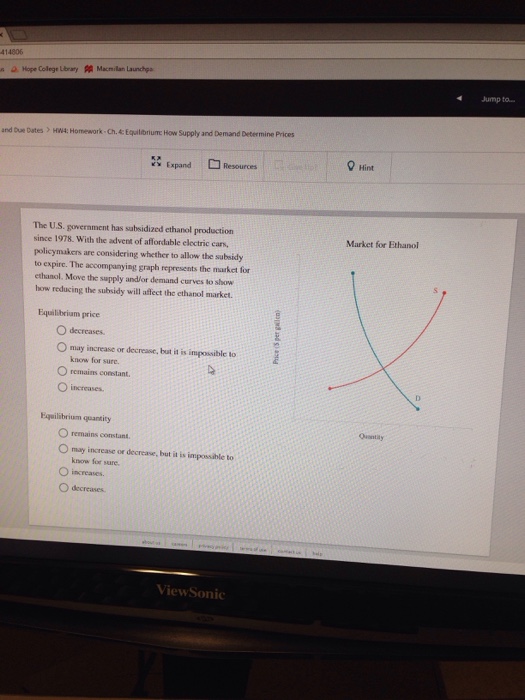 Download Image
Download ImageWith the ongoing heated debate about how to reduce the country’s deficit and slash the budget, the era of ethanol subsidies in the US is nearing the end. Government subsidies for the ethanol industry have been in place since 1978; combined with a federal mandate requiring refiners to use 15 billion gallons of the corn-based fuel by 2015

Source Image: khor-reports.com
Download Image
The U.S. government has subsidized ethanol production since | Quizlet And since the U.S. government has been subsidizing ethanol, the price of corn for food has been skyrocketing: One of the key reasons for the growth in ethanol production has been government
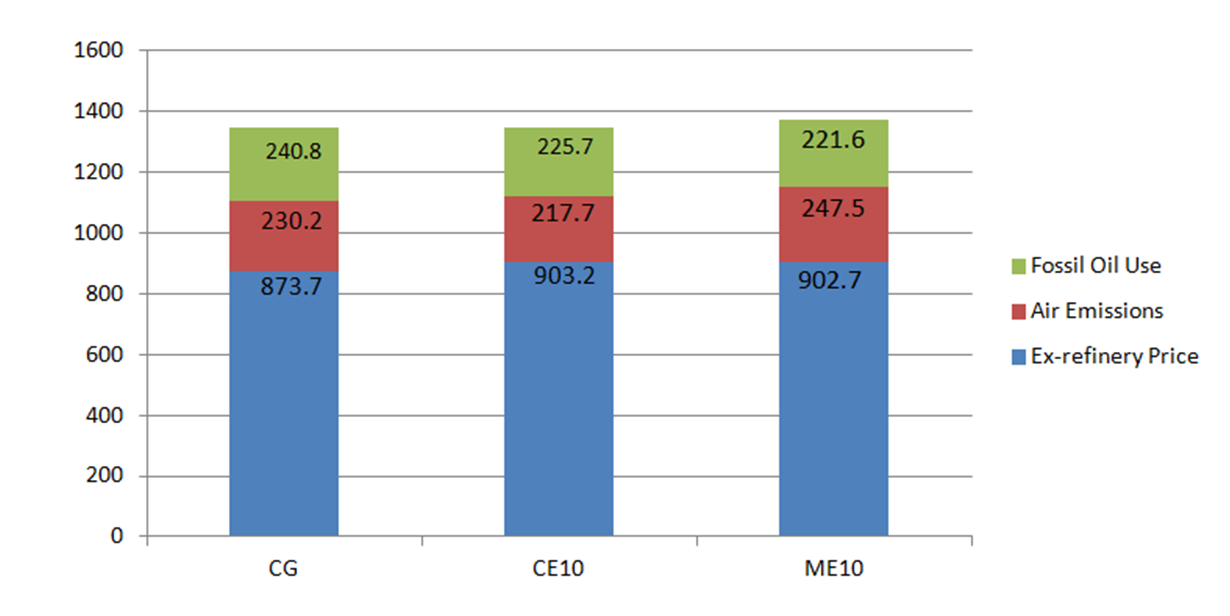
Source Image: susted.com
Download Image
The Us Government Has Subsidized Ethanol Production Since 1978
And since the U.S. government has been subsidizing ethanol, the price of corn for food has been skyrocketing: One of the key reasons for the growth in ethanol production has been government Question The U.S. government has subsidized ethanol production since 1978. With the advent of affordable electric cars, policymakers are considering whether to allow the subsidy to expire. The figure below represents the market for ethanol. Move the supply and/or demand curves to show how reducing the subsidy will affect the ethanol market.
Bioethanol Production in Thailand: A Teaching Case Study Comparing Cassava and Sugar Cane Molasses « Journal of Sustainability Education
The U.S. government subsidizes ethanol production. The ethanol market share in the U.S. gasoline supply grew by volume from just over 1 percent in 2000 to more than 3 percent in 2006 to 10 percent in 2011. … Since 1980 the ethanol industry was awarded an estimated US$45 billion in subsidies. Feedstocks Corn Corn is the main feedstock used for Ethanol fuel in Brazil – Wikipedia

Source Image: en.wikipedia.org
Download Image
CONVERSABLE ECONOMIST: July 2011 The U.S. government subsidizes ethanol production. The ethanol market share in the U.S. gasoline supply grew by volume from just over 1 percent in 2000 to more than 3 percent in 2006 to 10 percent in 2011. … Since 1980 the ethanol industry was awarded an estimated US$45 billion in subsidies. Feedstocks Corn Corn is the main feedstock used for
Source Image: conversableeconomist.blogspot.com
Download Image
Biofuels: From boom to bust? – Bain Brief | Bain & Company Dec 3, 2022The modern U.S. ethanol industry was born subsidized. The Energy Tax Act of 1978 introduced the first major federal subsidy for ethanol, a 4 cents-per-gallon reduction in the federal excise tax on gasohol, or E10 (a blend of 10% ethanol and 90% gasoline). In that same year, the first commercial ethanol production capacity came online.
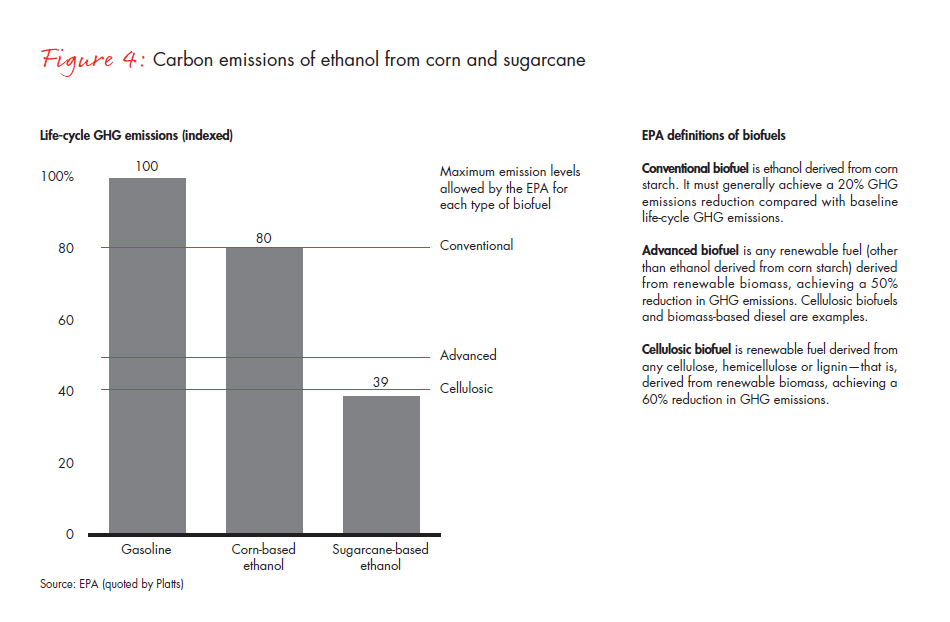
Source Image: bain.com
Download Image
The U.S. government has subsidized ethanol production since | Quizlet With the ongoing heated debate about how to reduce the country’s deficit and slash the budget, the era of ethanol subsidies in the US is nearing the end. Government subsidies for the ethanol industry have been in place since 1978; combined with a federal mandate requiring refiners to use 15 billion gallons of the corn-based fuel by 2015

Source Image: quizlet.com
Download Image
Understanding How Ethanol Impacts Food Prices Since 2005, Congress has required that the national transportation fuel supply contain … Market participants noted that some ethanol producers have shifted production to ethanol for hand sanitizer during the pandemic. They stated that this shift has taken ethanol … the United States exported approximately 1.4 billion gallons of ethanol, a
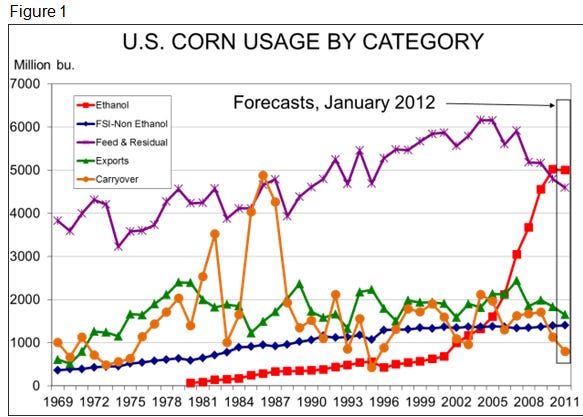
Source Image: nationalhogfarmer.com
Download Image
Haq’s Musings: Economic Survey: Pakistanis Consuming More Calories, Fruits and Vegetables And since the U.S. government has been subsidizing ethanol, the price of corn for food has been skyrocketing: One of the key reasons for the growth in ethanol production has been government
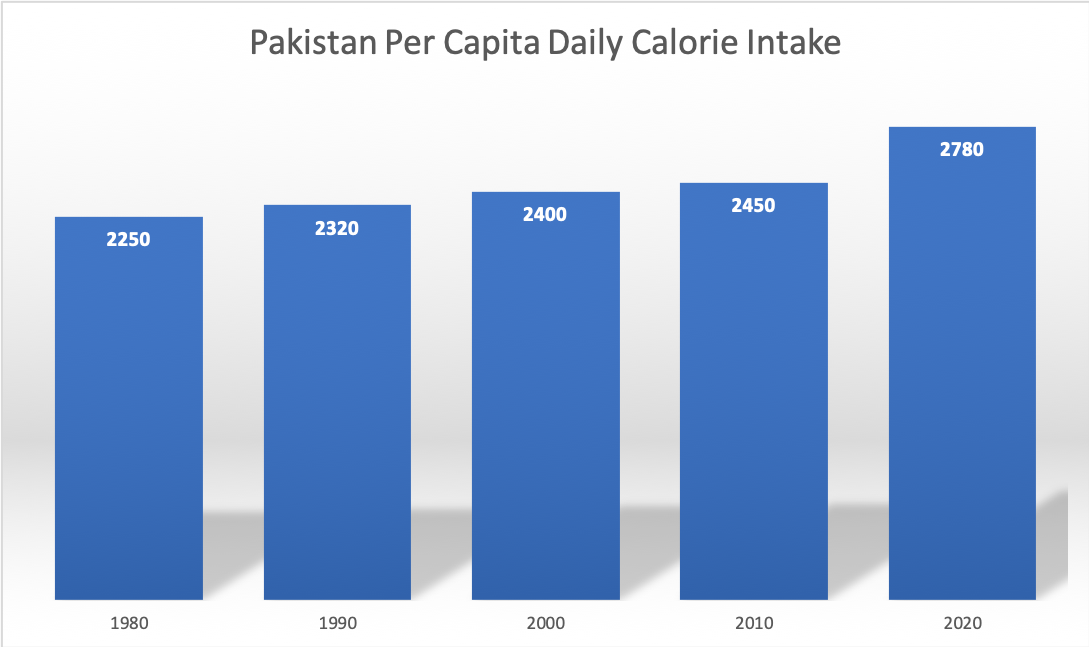
Source Image: riazhaq.com
Download Image
2016 Bioenergy Industry Status Report Question The U.S. government has subsidized ethanol production since 1978. With the advent of affordable electric cars, policymakers are considering whether to allow the subsidy to expire. The figure below represents the market for ethanol. Move the supply and/or demand curves to show how reducing the subsidy will affect the ethanol market.
Source Image: nrel.gov
Download Image
CONVERSABLE ECONOMIST: July 2011
2016 Bioenergy Industry Status Report Answer Unlock Previous question Next question Transcribed image text: The US government has subsidized ethanol production since 1978. With the advent of affordable electric cars, policymakers are considering whether to allow the subsidy to expire. The figure below represents the market of ethanol.
The U.S. government has subsidized ethanol production since | Quizlet Haq’s Musings: Economic Survey: Pakistanis Consuming More Calories, Fruits and Vegetables Since 2005, Congress has required that the national transportation fuel supply contain … Market participants noted that some ethanol producers have shifted production to ethanol for hand sanitizer during the pandemic. They stated that this shift has taken ethanol … the United States exported approximately 1.4 billion gallons of ethanol, a